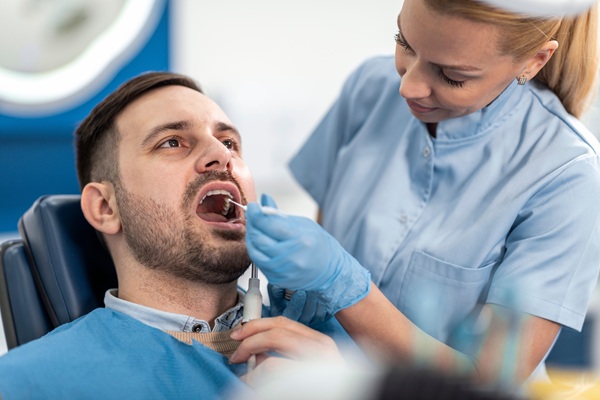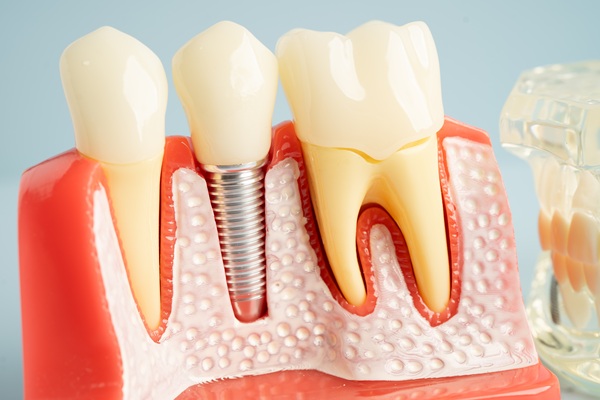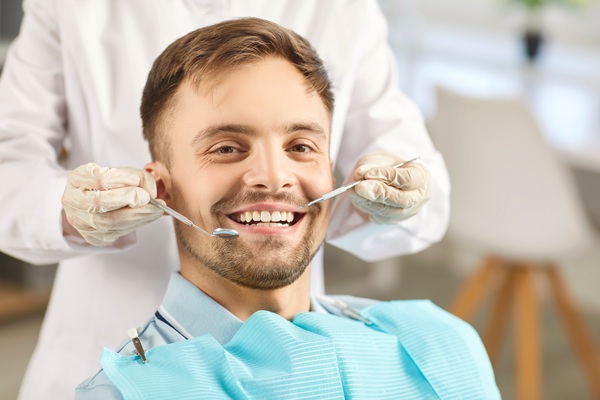Orthodontics Milwaukee, WI
Orthodontics is the area of dentistry that functionally and cosmetically fixes misaligned teeth and jaws. Cleaning crooked or wrong-fitting teeth is harder, and they are therefore more susceptible to loss due to decay and periodontal diseases. It induces extra stress on your chewing muscles, which can lead to a headache, TMJ syndrome and neck pain. Poorly positioned or crooked teeth can also affect facial appearance.
Orthodontic treatment has multiple advantages, including healthier oral hygiene and longer-lasting teeth. An orthodontist is a specialist in orthodontics. Beyond the standard four years in dental school, orthodontists have to spend two or more years in an ADA-approved orthodontic training program.
Types of orthodontic problems
Teeth and jaw misalignment, or malocclusions, can be a sign of multiple conditions. Malocclusion occurring from birth include extra teeth, crowded or protruding teeth, jaw growth issues, congenitally missing teeth and spacing teeth. The untimely loss of baby teeth, retained baby teeth, finger- or thumb-sucking, specific dental diseases and accidents can also necessitate an orthodontic treatment.
Importance of orthodontic treatment
Fixing orthodontic issues goes beyond the cosmetic benefits or its effects on self-confidence; there are highly significant dental health benefits too. Malocclusion can make chewing and speaking inconvenient or difficult, degrade the enamel on healthy teeth and put undue pressure on gum tissues and nearby bones. Also, crooked or overlapping teeth are harder to clean properly, which can increase the chances of having gum disease or tooth decay.
Who is a candidate for orthodontics?
A dental appointment with your dentist or orthodontist can help determine if you are a candidate for orthodontics. The dentist will run a full diagnosis, including a review of your dental and medical health history, clinical examination, special X-rays and photos and plaster models to determine whether to recommend orthodontic treatment. Afterward, the orthodontist will create a suitable treatment plan for you.
People who have any of the following conditions are likely candidates for orthodontic treatment:
How does orthodontic treatment work?
To shift teeth position, restrain muscles and influence jaw growth, the orthodontist may recommend different types of devices, either fixed or removable. These devices make an impact by inducing a gentle force on the jaws and teeth. The level of the condition determines the best orthodontic approach that will be effective for the patient.
Fixed orthodontic appliances include:
Braces
This is the most common type of fixed device. Braces comprise of bands, wires and/or brackets. Bands are attached to the teeth and serve as anchors, while brackets are usually attached to the front surface of the tooth. The archwires run through the brackets and are connected to the bands.
When the archwire is tightened, tension or pressure is placed on the teeth to shift them to their proper place slowly. Every month, the orthodontist will adjust the braces to achieve the desired outcome, which usually happens after a few months or years, depending on the severity.
Recent developments have ushered in smaller and lighter braces that are less conspicuous. There are brightly colored braces for kids and transparent styles that many adults prefer.
Fixed space maintainers
In the event of the untimely loss of a baby tooth, a space maintainer helps keep that gap intact until the permanent tooth forms. A band is connected to the tooth near the cleft, and a wire is stretched to the tooth on the other side of the gap.
Special fixed appliances
These help curb tongue thrusting or thumb sucking. The device is linked to the tooth using bands. Since they can be inconvenient when eating, they should only be employed when there are no other means available.
Removable orthodontic appliances include:
Why choose orthodontic treatment?
Aside from the obvious health benefits of orthodontic treatment, the accompanying confidence and enhanced self-image have incredibly positive psychological effects.
For more information or to schedule an appointment with Eastside Dental, request an appointment in our Milwaukee office here: https://www.esdmke.com/contact-us/. Or call us at 414-888-4000.



